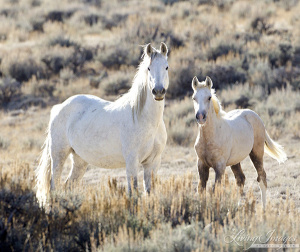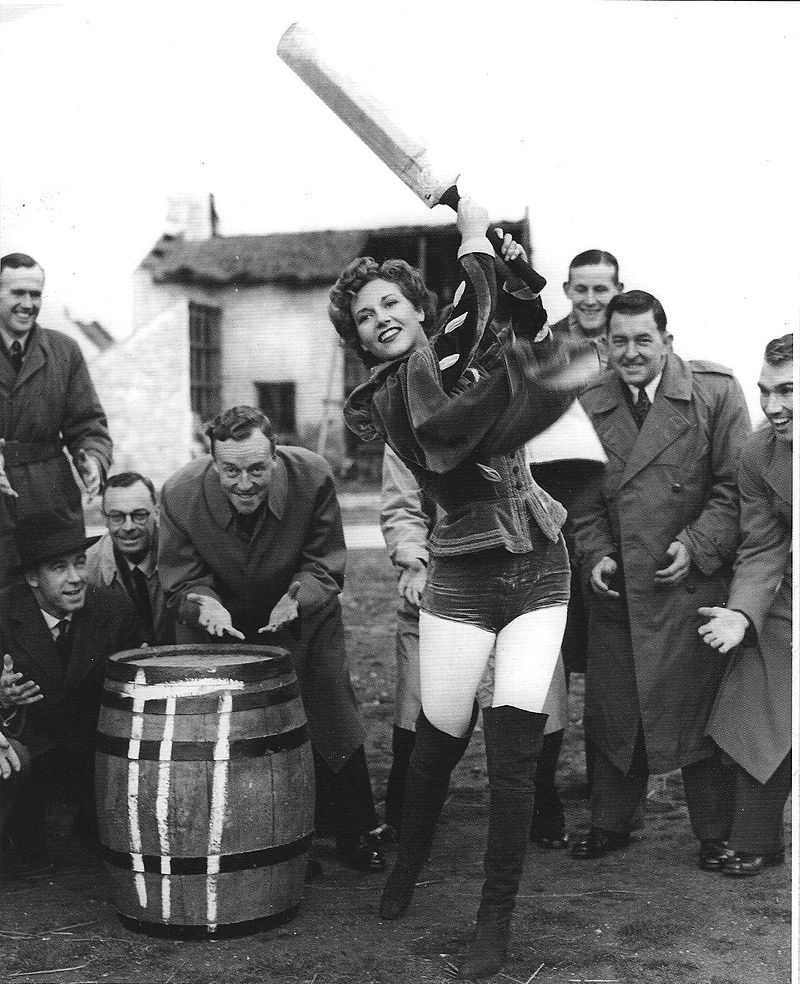by Wayne Pacelle as published on A Humane Nation
“A new study in six Mexican cities has found horsemeat in nearly 10 percent of meat products that are being sold as beef…”
American horses and burros, both wild and domestic, are NOT food animals. – photo by Carol Walker of Wild Horse Freedom Federation
Mexico is forging ahead on animal protection. Earlier this year, its Congress made dogfighting a felony throughout the nation. Mexico City adopted an extraordinary charter on animal protection. A number of major food retailers in Mexico have said they will change their purchasing practices to stop buying eggs and pork from operations that confine hens and pigs in small confinement cages and crates. Our Humane Society International/Mexico office and partner organizations are working hard to keep this important and strategic country trending in the right direction and to also crack down on other abuses of animals.
One of those abuses involves the slaughter of horses for human consumption. A new study in six Mexican cities has found horsemeat in nearly 10 percent of meat products that are being sold as beef or that are not clearly labeled. The samples of meat were collected from common vending points, including butcher shops, supermarkets, street markets, and street stalls.
The study, commissioned by HSI and conducted by researchers at the Universidad Nacional Autonoma de Mexico, also found high levels of a veterinary drug commonly prescribed for horses, clenbuterol, in some raw meat samples. Clenbuterol is not approved for food producing animals, and can be harmful to humans.
The researchers collected 433 samples of cooked and uncooked meat from an assortment of vendors across Mexico, of which nearly 10 percent tested positive for horsemeat. Samples were collected in six cities: Aguascalientes, Zacatecas, Chihuahua, Mexico City, Pachuca, and San Vicente Chicoloapan. The samples included four types of meat samples (ground meat, regular tacos, crispy tacos, and thin steaks [bistec]) and were either unlabeled or labeled as beef. The samples that tested positive for horsemeat were obtained at informal selling points such as street stalls and markets, and most vendors appeared to be unaware that there was horsemeat in the products they were selling.
Mexico is the second largest horsemeat producer in the world, after China. According to the Mexican Ministry of Trade, between January and August 2017, Mexico exported almost 1,500 tons of horsemeat, worth more than $4 million, to Japan, Russia, and Vietnam. Mexico not only kills thousands of its horses for human consumption each year, but also slaughters tens of thousands of perfectly healthy American horses. U.S. kill buyers acquire working, racing, and companion horses and even children’s ponies and try to make a fast buck by funneling them to horse slaughter plants over the northern and southern borders. Just this year, as of September, kill buyers have shipped more than 60,000 horses to Canada and Mexico to be killed for human consumption.
Horses in the United States are raised as companions and partners in work and sport, and not as food animals. As a result, they are commonly treated with drugs deemed unfit for human consumption. In 2014, the European Commission suspended the import of horsemeat from Mexico to the European Union due to food safety concerns. The HSUS has documented, via undercover footage, the incredible suffering faced by animals: downed, injured horses slaughtered for human consumption despite being ill, horses suffering in export facilities on U.S. soil, and horrific welfare problems during transport. The same drugs would put at risk Mexicans, Canadians, and the Japanese, as well as visitors to those countries and others who would sit down to a horse steak – either knowingly or not. No one is immune from drugs long deemed unfit for human consumption.
Beyond the issue of self-interest and public health, Mexico should not be complicit in this grisly trade, and the United States should not use Mexico as an export market for an enterprise that’s illegal on our soil. The practice of slaughtering horses for human consumption should stop across North America. The Safeguard American Food Exports (SAFE) Act, H.R. 113/S. 1706, which would cement the existing prohibitions on domestic horse slaughter and build on that provision by stopping the export of horses for slaughter abroad, is just one important policy vehicle to help us achieve that goal.
The evidence that we’ve obtained in Mexico reveals that this ugly enterprise is trying to trick Mexican vendors and consumers. It’s a disreputable industry, and the country’s lawmakers should build on their recent good works and establish protections for animals who have changed the course of North American history for the better. It’s a small act of reciprocity for North Americans to honor the role of the horse in North American settlement, commerce, and recreation and end the most extreme form of human-caused exploitation of these noble animals.
P.S. Americans can take action today to protect U.S. horses from being slaughtered for human consumption. As our companions in sport and leisure, we owe it to them to make sure that their lives do not come to a terrifying end in a slaughterhouse to feed the international demand for horsemeat.
https://blog.humanesociety.org/wayne/2017/10/time-ban-horsemeat-trade-north-america-investigation-mexico-uncovers-horse-sold-beef.html?credit=blog_post_103017_id9361
Rate this:Share this on behalf of the Horses:- More





